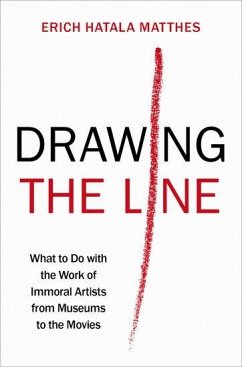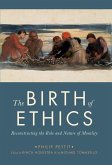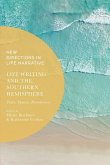To an unprecedented extent, in the wake of the #metoo movement and, some say, due to an exaggerated "cancel culture" that proliferates online, consumers of art--from literature to film to painting--are eager to dismiss the work of immoral artists. But can we ever separate the art from the artist? In Drawing the Line, philosopher Erich Hatala Matthes offers insight into this conundrum by arguing that it doesn't matter whether we can separate the art from the artist, because we shouldn't. Taking both art and morality seriously requires grappling with them together. Recognizing the moral and aesthetic relationships between art and artist is essential to determining when and where we should draw the line when good artists do bad things.
Hinweis: Dieser Artikel kann nur an eine deutsche Lieferadresse ausgeliefert werden.
Hinweis: Dieser Artikel kann nur an eine deutsche Lieferadresse ausgeliefert werden.








